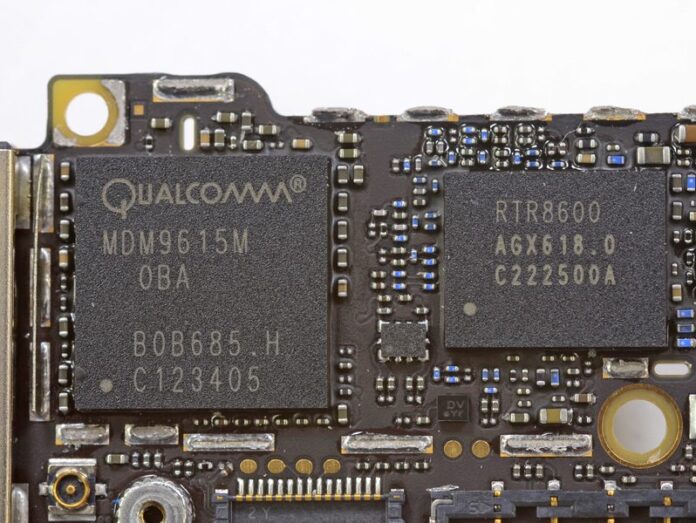Qualcomm said today that Chinese regulators have found that the chipmaker violated China’s anti-monopoly law. The company has agreed to pay a $975 million fine and implement a “rectification” plan as follows:
Qualcomm will offer licenses to its current 3G and 4G essential Chinese patents separately from licenses to its other patents and it will provide patent lists during the negotiation process. If Qualcomm seeks a cross license from a Chinese licensee as part of such offer, it will negotiate with the licensee in good faith and provide fair consideration for such rights.
For licenses of Qualcomm’s 3G and 4G essential Chinese patents for branded devices sold for use in China, Qualcomm will charge royalties of 5% for 3G devices (including multimode 3G/4G devices) and 3.5% for 4G devices (including 3-mode LTE-TDD devices) that do not implement CDMA or WCDMA, in each case using a royalty base of 65% of the net selling price of the device.
Qualcomm will give its existing licensees an opportunity to elect to take the new terms for sales of branded devices for use in China as of Jan. 1, 2015.
Qualcomm will not condition the sale of baseband chips on the chip customer signing a license agreement with terms that the Chinese regulators found to be unreasonable or on the chip customer not challenging unreasonable terms in its license agreement. However, this does not require Qualcomm to sell chips to any entity that is not a Qualcomm licensee, and does not apply to a chip customer that refuses to report its sales of licensed devices as required by its patent license agreement.
The last point is important to Qualcomm because the company believes that several of its licensees have been underreporting sales of smartphones that use licensed technologies.
Image source: beijingiphonerepair.com

